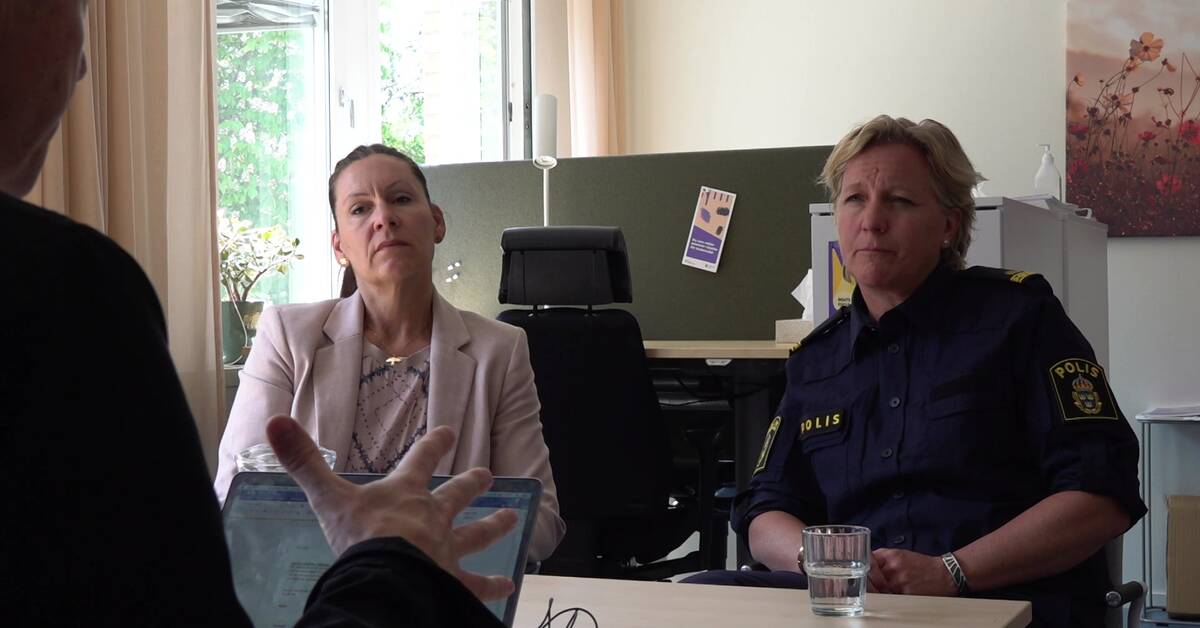Start the clip to see police inspector Sofia Myrén talk about the challenges of gathering evidence of honour oppression
Regional support centre honour has its premises in central Gothenburg, where people who are victims of honour-related crimes can come. The support centre is a collaboration between eleven municipalities in the Gothenburg region, the Swedish Police Authority and the Västra Götaland region.
Too low competence
Christine Lidström believes that the fact that not a single prosecution of honour oppression has been brought since the law came a year ago is partly due to the fact that many victims are reluctant to report a family member or relative to the police. But she also points to a lack of knowledge among investigators.
"I think the level of competence of the police is generally low when it comes to honour-related violence and oppression," says Christine Lidström.
Police Inspector Sofia Myrén, who is employed part-time at the Regional Support Centre Heder, also believes that the police's competence is insufficient at present.
"But I think the police will get better at this. Now that we raise awareness and see the consequences, how investigations are conducted and if they are prosecuted, we will become sharper and sharper.
Hard to prove the motive honor
To prove honour oppression, it is not enough to prove a crime. It must also be proven that the motive is honour, and that the same perpetrator repeated the acts several times over a certain period of time.
"There are an incredible number of crimes that the victim does not even know is a crime. It's not okay to lock a person in or look through someone's computer anyway," says Christine Lidström.
"It's important to raise the knowledge of all professionals so that they can pick out all these crimes that actually happen.

